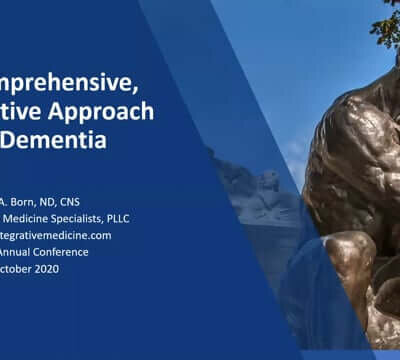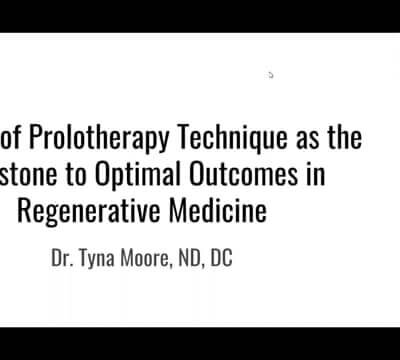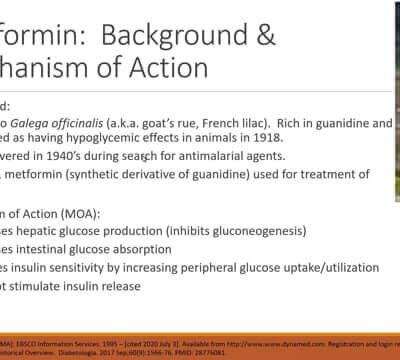Description
In the late 20th century, trauma has been defined as an autonomic response to an environment or experience that is potentially dangerous or unsafe. Trauma often results in psychological, structural, immunological, and other metabolic changes. Unfortunately, these changes can be passed down through genetic predisposition affecting an entire lineage.
The first longitudinal study evaluating the long-term impacts of childhood abuse was conducted by the CDC-Keiser Permanente. This study was the first to illuminate the long-term effects of trauma. Since then, extensive research on the topic continues to emerge. Recent publications show that trauma can increase the propensity of pregnancy mortality rates, infertility, breast cancer, and chronic disease states such as cardiovascular disease, diabetes, and stroke.
As you can see, the impact of trauma is quite intricate and complex. This webinar will allow us to take an introductory deep dive into trauma’s effects on the modulation of steroid hormones, the structural changes of the neuroanatomy, and the resulting (psychological, neurological, and endocrine) repercussions for the patients we serve.
*Certified by the WANP for 1 Category 1 continuing education credit for Washington NDs*
(Originally presented on July 29, 2021)




